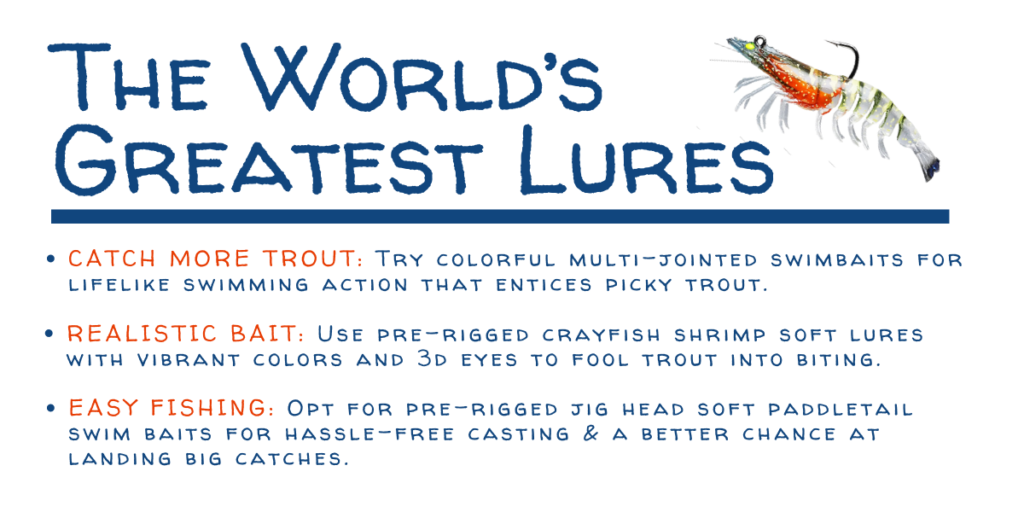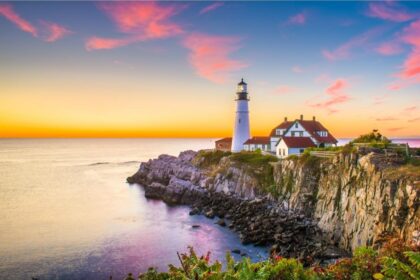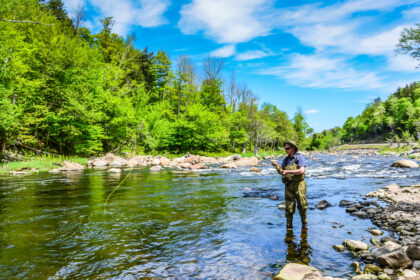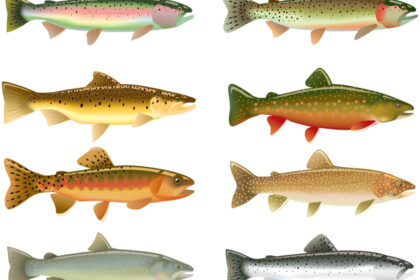2024 Wisconsin Fishing License
To obtain a fishing license in WI, trout stamp, and Great Lakes trout stamp, you can visit the Wisconsin Department of Natural Resources (DNR) website or any authorized license agent. The process typically involves providing your personal information, such as name, address, and date of birth, along with selecting the type of license and stamps you need. You may also need to show proof of residency if applying for a resident license.
Once you’ve completed the application and paid the required fees, which vary based on your residency status and the duration of the license, you’ll receive your fishing license. Be sure to check the 2024 Guide to Wisconsin Trout Fishing Regulations for the most up-to-date trout fishing regulations, size and creel limits, or to the 2024 Guide to Wisconsin Hook and Line Fishing Regulations for licensing and all other fishing regulations.
2024 | Annual* | First Time Buyer License** | Inland Trout Stamp Privilege*** | Great Lakes Trout/Salmon Stamp Privilege^ |
Resident | $20.00 | $5.00 | $10.00 | $10.00 |
Non-Resident | $55.00 | $25.75 | $10.00 | $10.00 |
*Licenses are valid from date of purchase through March 31, 2025.
**For anglers who have not purchased a license before or last purchased on 10 or more years ago.
***Required in addition to the annual fishing license.
^Required in addition to your fishing license. See WI Hook and Line Fishing Regulations for specific bodies of water this privilege covers.
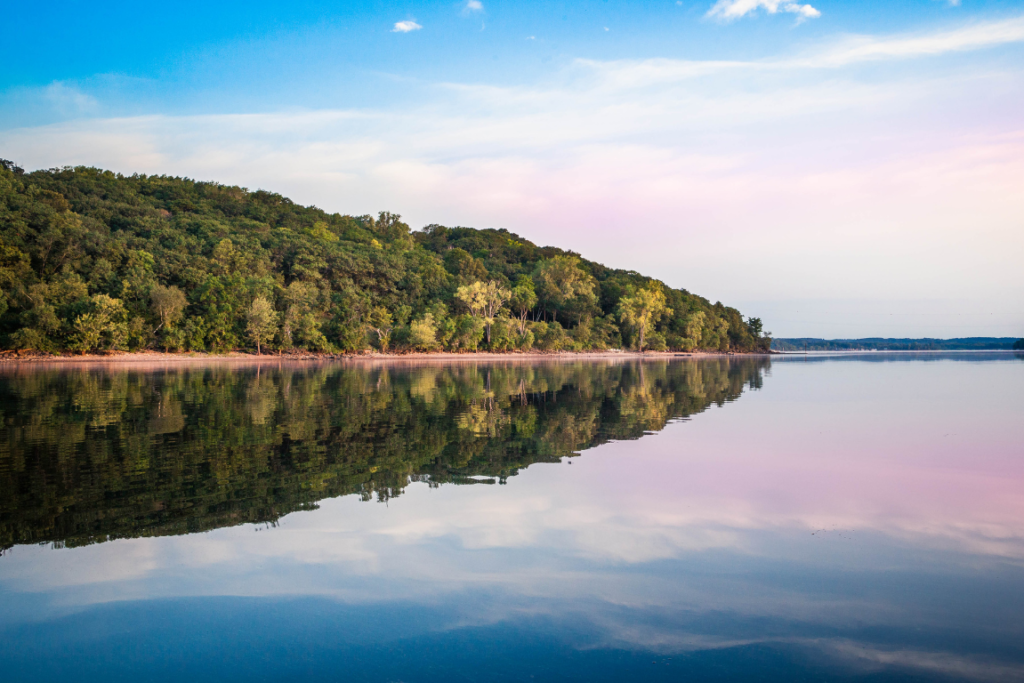
A Comprehensive Guide to Getting a Fishing License in WI
Wisconsin’s abundant waters beckon anglers of all ages, offering a plethora of fishing opportunities throughout the year. Understanding the intricacies of Wisconsin’s fishing license system is essential for both residents and nonresidents alike to fully enjoy the state’s aquatic treasures.
Wisconsin Free Fishing Weekend
Wisconsin’s Free Fishing Weekends are highly anticipated events that provide a unique chance for anglers to cast their lines without the need for a fishing license. Scheduled on specific dates annually, these weekends offer an ideal opportunity for families and newcomers to experience the joy of fishing amidst Wisconsin’s natural beauty.
Regulations During Free Fishing Weekends
While fishing licenses and trout stamps are not required during Free Fishing Weekends, anglers must adhere to all other fishing regulations. This includes respecting length limits, bag limits, and seasonal restrictions, ensuring responsible fishing practices throughout the state.
Navigating the Licensing Process
Beyond Free Fishing Weekends, anglers must obtain the necessary licenses and stamps to fish in Wisconsin’s waters. Thankfully, the process has been streamlined through online platforms such as GoWild.WI.Gov, offering convenience and accessibility for residents and nonresidents alike.
Requirements for Residents
Residents aged 16 and above must possess a fishing license for any fishing activities within Wisconsin. Additionally, residents intending to fish for trout or salmon must obtain an inland trout stamp to comply with regulations.
Requirements for Nonresidents
Nonresidents are also required to obtain a nonresident fishing license to fish in Wisconsin’s waters. Depending on their chosen fishing locations and activities, nonresidents may need additional stamps or privileges, as outlined by the Wisconsin Department of Natural Resources (DNR).

Specialized Fishing Pursuits
Wisconsin caters to specialized fishing pursuits such as sport trolling and lake sturgeon harvesting, each with its own set of regulations and licensing requirements. Licensed fishing guides and sport trollers play a pivotal role in facilitating memorable angling experiences for enthusiasts.
Embracing Digital Convenience
With the advent of digital platforms like GoWild.WI.Gov, securing fishing licenses and registrations has never been easier. These platforms offer anglers the convenience of managing their licenses online, ensuring they have the necessary documentation for their fishing adventures.
Promoting Responsible Fishing Practices
As anglers explore Wisconsin’s scenic landscapes and waterways, it’s imperative to embrace responsible fishing practices and conservation efforts. By respecting regulations and practicing sustainable fishing methods, anglers can help preserve Wisconsin’s aquatic ecosystems for future generations to enjoy.
